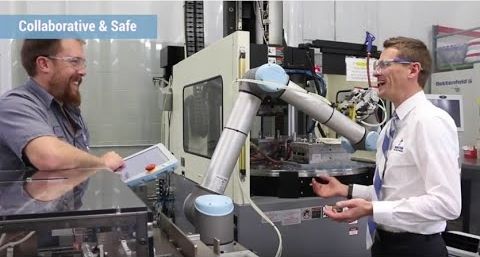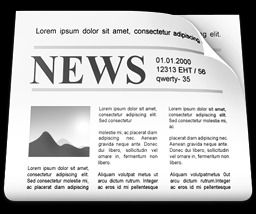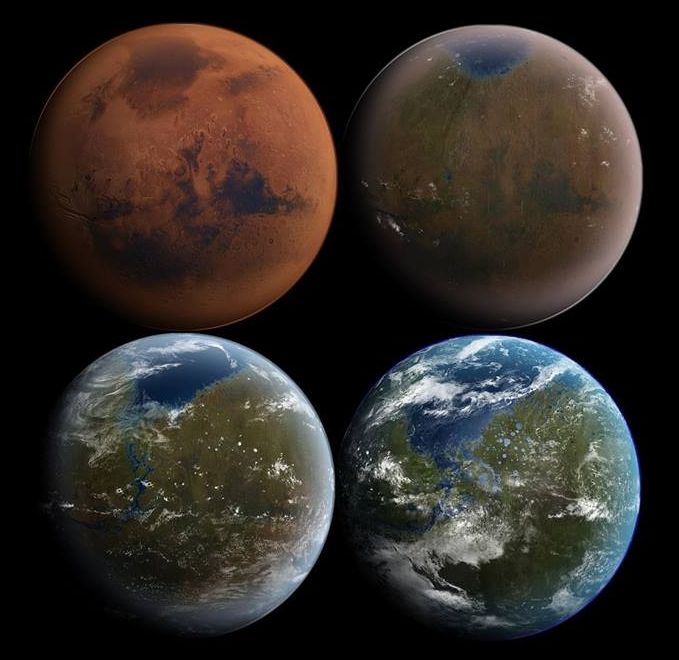Page 11369
Mar 8, 2016
Windows Could Soon Power the Entire Building
Posted by Karen Hurst in categories: habitats, materials, particle physics, quantum physics, solar power, sustainability

Q-Dots windows to power homes and other buildings.
Researchers at the Los Alamos National Lab may have found a way to take quantum dots and put them in your ordinary windows to turn them into solar collectors.
Continue reading “Windows Could Soon Power the Entire Building” »
Mar 8, 2016
Carnegie Mellon robotics selected for research projects totaling more than $11 million
Posted by Karen Hurst in category: robotics/AI

Big news for Carnegie-Mellon’s Robotics department.
Robotics researchers gearing up for busy, productive year.
Mar 8, 2016
The U.S. Government Launches a $100-Million “Apollo Project of the Brain”
Posted by Karen Hurst in categories: computing, government, information science, military, neuroscience, robotics/AI
US Government’s cool $100 mil in brain research. As we have been highlighting over the past couple of months that the US Government’s IARPA and DARPA program’s have and intends to step up their own efforts in BMIs and robotics for the military; I am certain that this research will help their own efforts and progress.
Intelligence project aims to reverse-engineer the brain to find algorithms that allow computers to think more like humans.
By Jordana Cepelewicz on March 8, 2016.
Continue reading “The U.S. Government Launches a $100-Million ‘Apollo Project of the Brain’” »
Mar 8, 2016
Travellers Expect Robots on Their Holidays
Posted by Karen Hurst in category: robotics/AI
Interesting set of survey results on travel and robotics. However, like many things in life; things in moderation have more stayong poor v. going overboard. And, robots are not exception to this. It is inate for humans to have and need human interaction especially in personable service space.
LONDON, March 9, 2016 /NEWS.GNOM.ES/ — A survey of more than 6,000 travellers in Asia, Europe, North America and South America reveals nearly 80% of respondents expect robots to play a big part in their lives by 2020, with three quarters believing they will make their lives significantly better. Almost two thirds of respondents would be comfortable with robots being used in the travel industry. (Logo: http://photos.NEWS.GNOM.ES.com/prnh/20160303/340128LOGO )
Travelzoo (NASDAQ: TZOO), a global media commerce company, conducted the research as part of its Future of Travel project exploring consumer acceptance of robots in the travel and tourism industry. Richard Singer, Travelzoo’s European President, will make a keynote speech on the findings at this year’s ITB Berlin – Europe’s largest travel trade show. On March 11, Mr. Singer will share the stage with Toshiba’s Chihira Kanae – one of the world’s most human-looking robots, who will make her European debut at the event.
Continue reading “Travellers Expect Robots on Their Holidays” »
Mar 8, 2016
Quantum revolution: what the future holds
Posted by Karen Hurst in categories: futurism, quantum physics
In simple terms.
When Thomas Edison first passed an electric current through a filament in vacuum to produce light, he could not have imagined the global revolution he was to unleash. Physicists at Sydney Uni’s new Nanoscience Hub feel the same about the coming quantum revolution.
Mar 8, 2016
Sydney University to open Nanoscience Hub for the quantum technologies of the future
Posted by Karen Hurst in categories: quantum physics, supercomputing
Australia’s more investment into Quantum technology.
The coming scientific revolution will make today’s supercomputers seem sluggish.
Mar 8, 2016
Gates thinks quantum computing in the cloud may come in a decade
Posted by Karen Hurst in categories: computing, internet, materials, quantum physics
I don’t believe that we’re a decade away given the advancements around Quantum infrastructure work such the Quantum Internet and Platform. Too much progress is showing me within the next 7 to 8 years is a possibility especially with the race that we’re all in.
Bill Gates did an Ask Me Anything on Reddit Tuesday and said that there’s a chance within six to ten years that “cloud computing will offer super-computation by using quantum.”
“It could help users solve some very important science problems, including materials and catalyst design,” Gates wrote.
Continue reading “Gates thinks quantum computing in the cloud may come in a decade” »
Mar 8, 2016
Blue Origin planning human test flights to space
Posted by Karen Hurst in category: space
Private space company Blue Origin expects it will launch its first human test flights into space in 2017.















